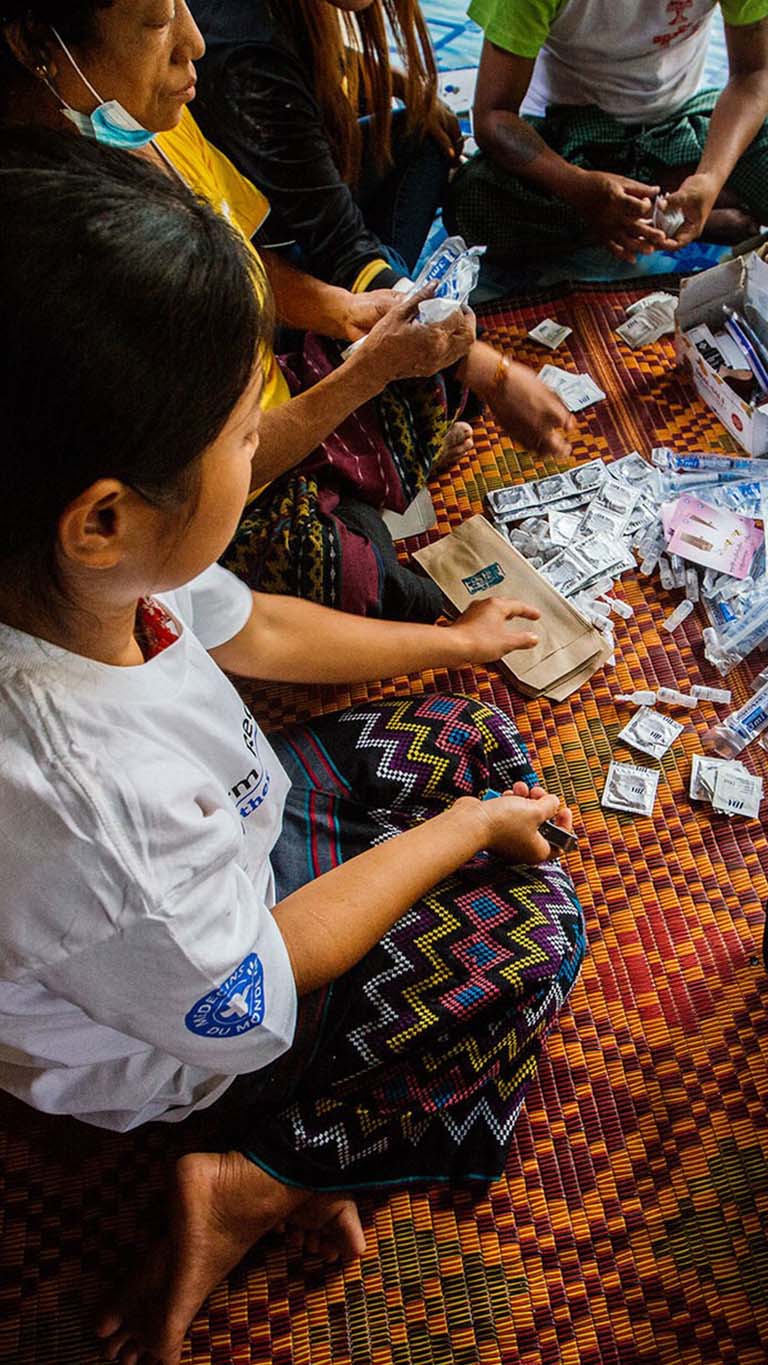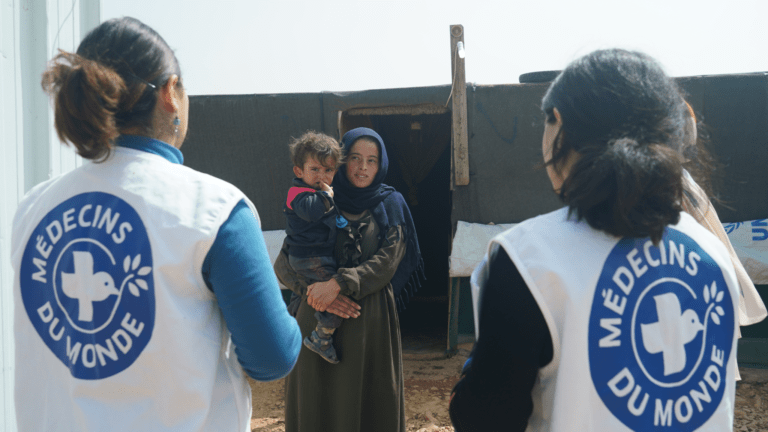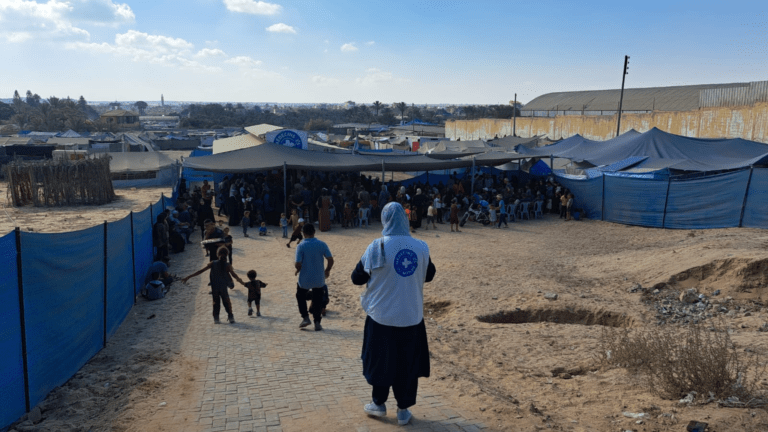JE DÉCOUVRE LE DON MENSUEL
JE DÉCOUVRE LE DON MENSUEL
JE DÉCOUVRE LE DON MENSUEL
JE DÉCOUVRE LE DON MENSUEL
JE DÉCOUVRE LE DON MENSUEL
JE DÉCOUVRE LE DON MENSUEL
JE DÉCOUVRE LE DON MENSUEL
JE DÉCOUVRE LE DON MENSUEL
JE DÉCOUVRE LE DON MENSUEL
JE DÉCOUVRE LE DON MENSUEL
JE DÉCOUVRE LE DON MENSUEL
JE DÉCOUVRE LE DON MENSUEL
JE DÉCOUVRE LE DON MENSUEL
JE DÉCOUVRE LE DON MENSUEL
JE DÉCOUVRE LE DON MENSUEL
JE DÉCOUVRE LE DON MENSUEL
JE DÉCOUVRE LE DON MENSUEL
JE DÉCOUVRE LE DON MENSUEL
JE DÉCOUVRE LE DON MENSUEL
JE DÉCOUVRE LE DON MENSUEL
JE DÉCOUVRE LE DON MENSUEL

Perception about drug use and harm reduction in Kachin, Myanmar
The risks of social exclusion and potential negative health impacts on drug users are relatively well documented. However, questions about how their close relatives perceive the effects of drug use on them, and the solutions that need to be found, are rarely documented.
Harm reduction (HR) is an evidence-based public health response, based on pragmatism, which often conflicts fundamentally with the general strong negative opinions about drug use.
In certain context, such conflicting viewpoints require Harm Reduction programs to redesign their projects and adapt to the different environments in which they are carried out.














